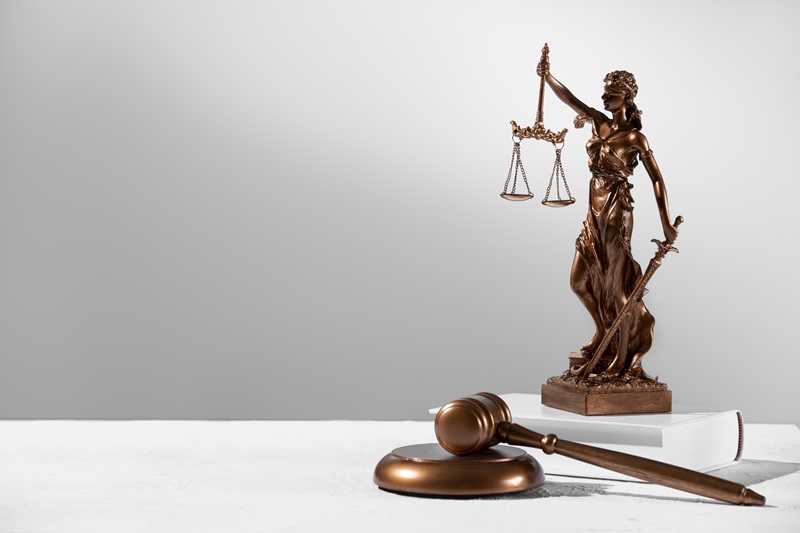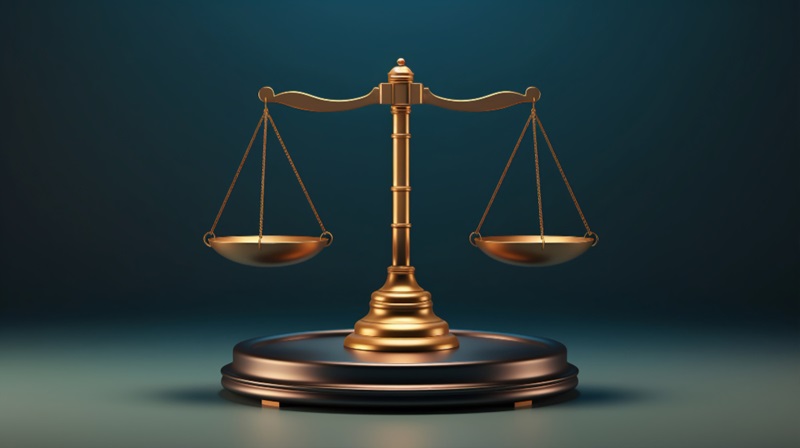This introduction explains that many Australians face legal questions—like knowing their rights, deciding when to contact a lawyer, and understanding the difference between a lawyer and a solicitor.
It highlights that while Australia’s legal system can seem complex, knowing your rights and when to get help can prevent stress and costs.
The guide will cover common legal issues, when to seek professional advice, how to find the right lawyer, and available free legal services.
Understanding the Legal System in Australia
Australia’s legal system combines federal and state laws, so rights can vary by location. Solicitors handle paperwork, advice, and case preparation, while barristers focus on court advocacy—though many lawyers do both.
Each state has a legal services commission that regulates lawyers, ensures ethical standards, handles complaints, and provides resources to check credentials or address issues with legal representation.
Your Key Legal Rights: Consumer, Employment & Tenancy
As an Australian resident or citizen, you’ve got strong protections in several key areas of daily life. Let’s start with consumer rights – you’re protected against dodgy products, misleading advertising, and unfair business practices.
If you’ve bought something that’s faulty or not as described, you have the right to a repair, replacement, or refund. Small claims court in South Australia and similar tribunals in other states offer affordable ways to resolve disputes without needing expensive legal representation.
In the workplace, your rights include:
- Fair pay and conditions according to your award or agreement
- A safe working environment free from discrimination and harassment
- Protection against unfair dismissal
The right to join a union - Proper notice periods and redundancy payments
When to Get Legal Advice: Common Situations

Knowing when to consult a lawyer can be tricky – you don’t want to waste money on unnecessary legal fees, but waiting too long can sometimes make matters worse. Generally speaking, if you’re facing criminal charges, going through a divorce, dealing with a serious injury claim, or involved in a significant financial dispute, it’s time to seek professional help.
Some specific situations where legal advice is crucial include:
- You’ve been charged with a criminal offence (even minor ones can have serious consequences)
- You’re buying or selling property
- You’re starting a business or entering into major contracts
- You’ve been injured due to someone else’s negligence
- You’re facing deportation or visa issues
- You’re dealing with a deceased estate
- You’re experiencing workplace discrimination or unfair dismissal
Finding a Good Lawyer in Australia
To find a good lawyer, first determine the type of legal help you need—there’s no point seeing a criminal lawyer for a property matter. Ask friends, family, or colleagues for recommendations, as personal referrals often yield trustworthy options.
You can also use professional directories and state law society referral services, which list practising lawyers and their specialities, and verify credentials or disciplinary history through your state’s legal services commission. While online reviews can offer insights, treat them cautiously as they often reflect extreme experiences.
When choosing a lawyer, consider:
- Their experience in your specific legal issue
- Clear communication style (avoid anyone who drowns you in legal jargon)
- Transparent fee structure
- Availability and responsiveness
- Professional manner and rapport
- Location (though many matters can now be handled remotely)
Free Legal Services and Legal Aid Options
In Australia, quality legal advice isn’t always expensive. Legal Aid in each state and territory offers free or low-cost services for eligible people, covering areas like criminal defence and family law.
Community legal centres also provide free advice, often specialising in areas such as tenancy, employment, or consumer rights, with some offering drop-in sessions. Services like Legal Advice SA operate hotlines for urgent legal guidance.
For those seeking 24-hour legal advice free of charge, several hotlines operate around the clock:
- Law Access NSW: 1300 888 529
- Legal Aid helplines in each state
- Specialist services for domestic violence, youth issues, and Aboriginal and Torres Strait Islander communities
Specialist Lawyers: Family, Immigration, Injury & More
Different legal issues require different expertise, and Australia’s legal profession has developed numerous specialisations to meet these needs. Family lawyers handle everything from divorce and property settlements to child custody arrangements.
Many offer a family law free consultation to help you understand your options before committing to full representation. These initial meetings, whether marketed as a free family law consult or a free consult family lawyer session, can provide valuable insights into your situation.
Immigration lawyers have become increasingly important as Australia’s visa system grows more complex. An
Australian immigration lawyer can assist with:
- Visa applications and extensions
- Appeals against visa refusals
- Citizenship applications and tests
- Deportation defence
- Employer sponsorship issues
- Family reunion applications
What Lawyers Do & How They Help?

Lawyers guide clients through the legal system by providing clear advice, identifying issues, and creating strategies for the best outcomes.
They research laws, draft documents, negotiate, and represent clients in court, spotting complexities others might miss. Beyond technical work, they offer peace of mind, handle procedures and deadlines, and protect clients’ interests in situations like business compliance, divorce, or criminal defence.
Getting the Most from Your Legal Consultation
Making the most of your time with a lawyer – whether it’s a free lawyer consultation family law session, or a paid appointment – requires some preparation.
Before your meeting, gather all relevant documents: contracts, correspondence, court papers, photographs, or any other evidence related to your matter. Write down a timeline of events and prepare a list of questions you want answered.
During the consultation, be completely honest with your lawyer – they can’t help effectively if they don’t have the full picture. Attorney-client privilege means your discussions are confidential, so don’t hold back important details out of embarrassment or fear. Ask about:
- The strengths and weaknesses of your case
- Likely outcomes and timeframes
- Total costs and payment arrangements
- Alternative dispute resolution options
- What you can do to help your case
Conclusion
Knowing your legal rights in Australia and when to seek help is crucial, as laws offer strong protections if you can access them. Affordable options like Legal Aid, community legal centres, and free consultations make expert advice widely available across the country.
Getting legal help early prevents problems from escalating, much like preventive healthcare, and ensures you can navigate the legal system with confidence.
For Press Release, Tip-off, Sponsored Post Contact Us: Whatsapp: (234)7038111972 | Email: info@abacitybloq.com









